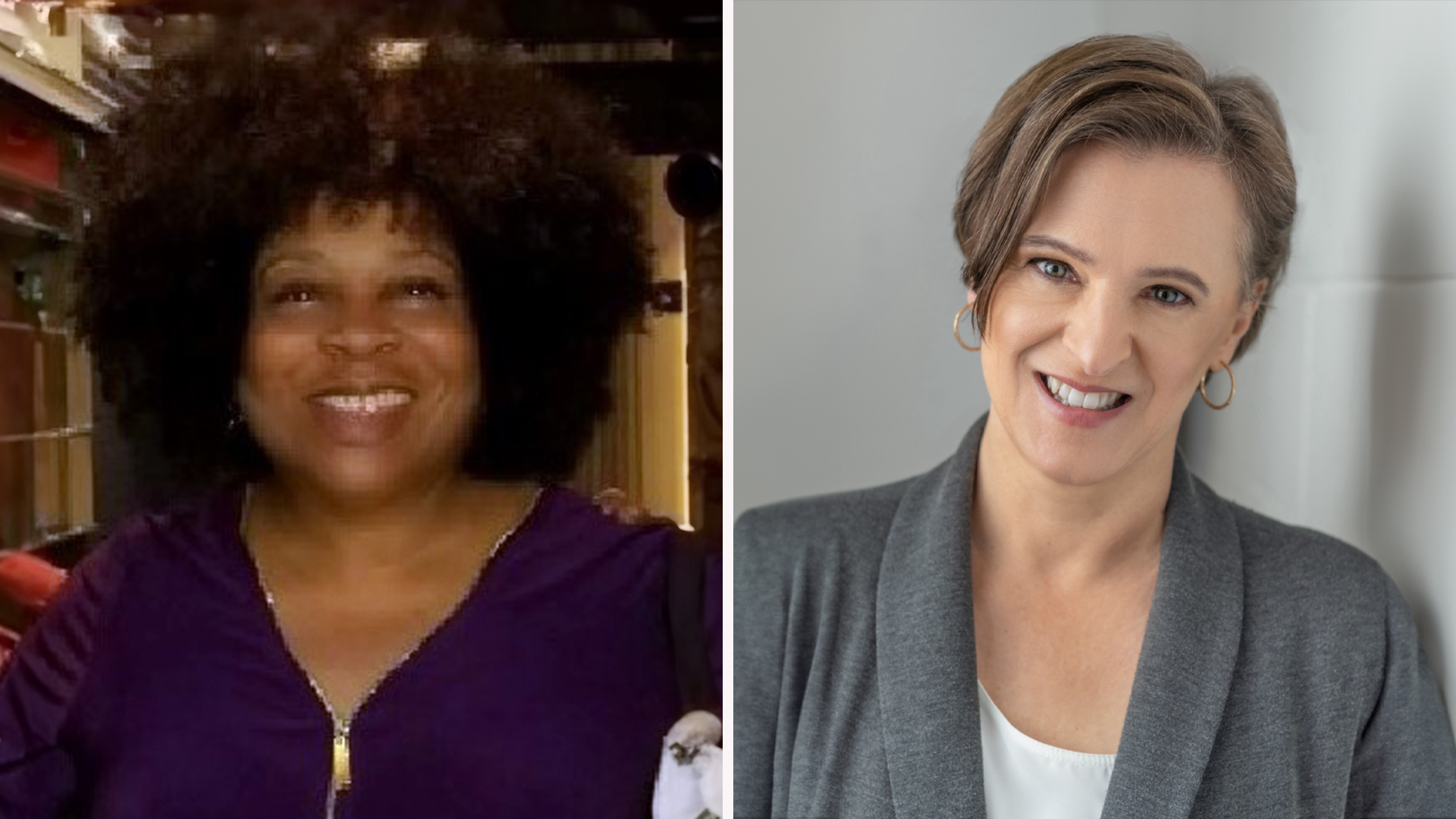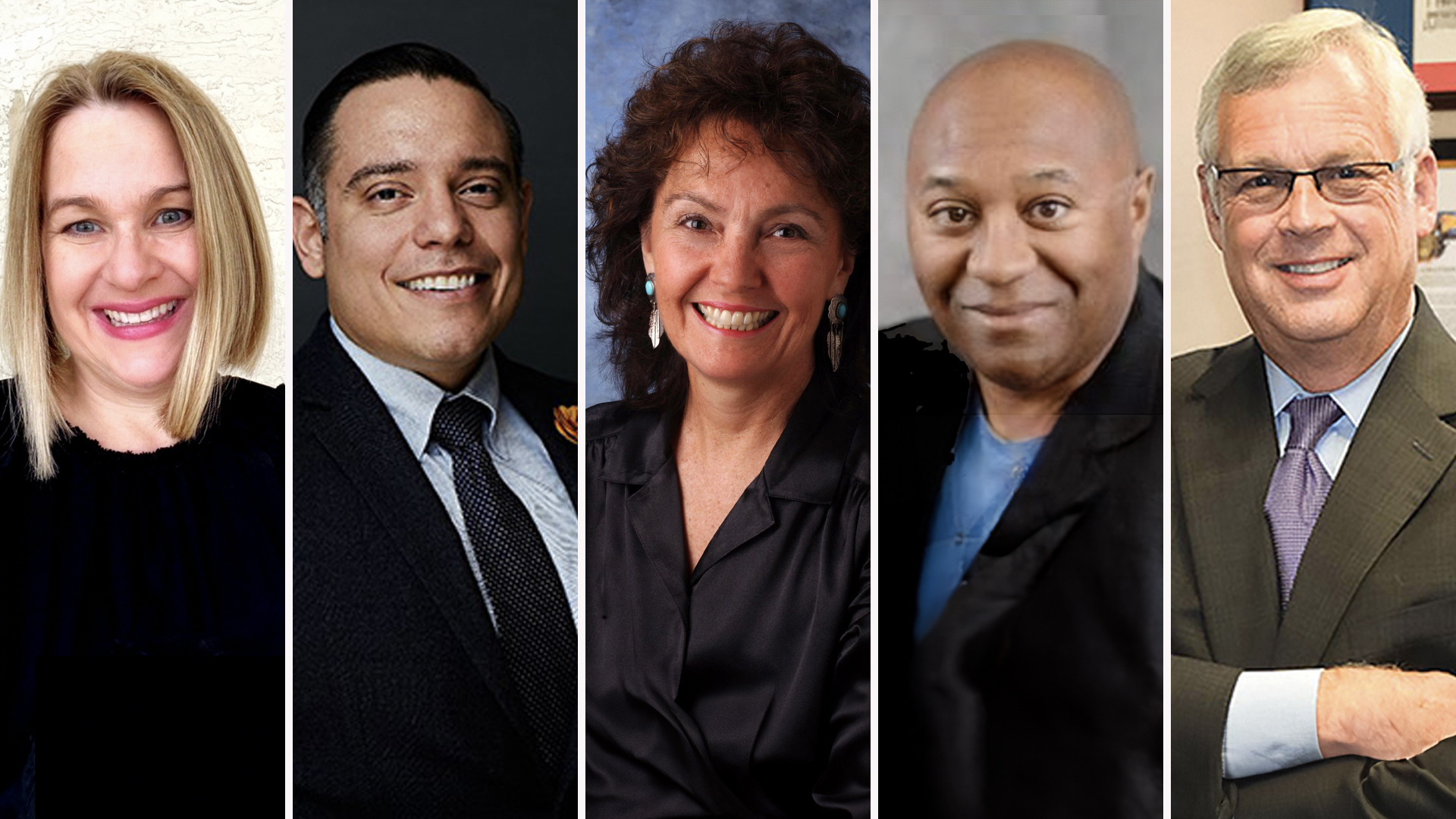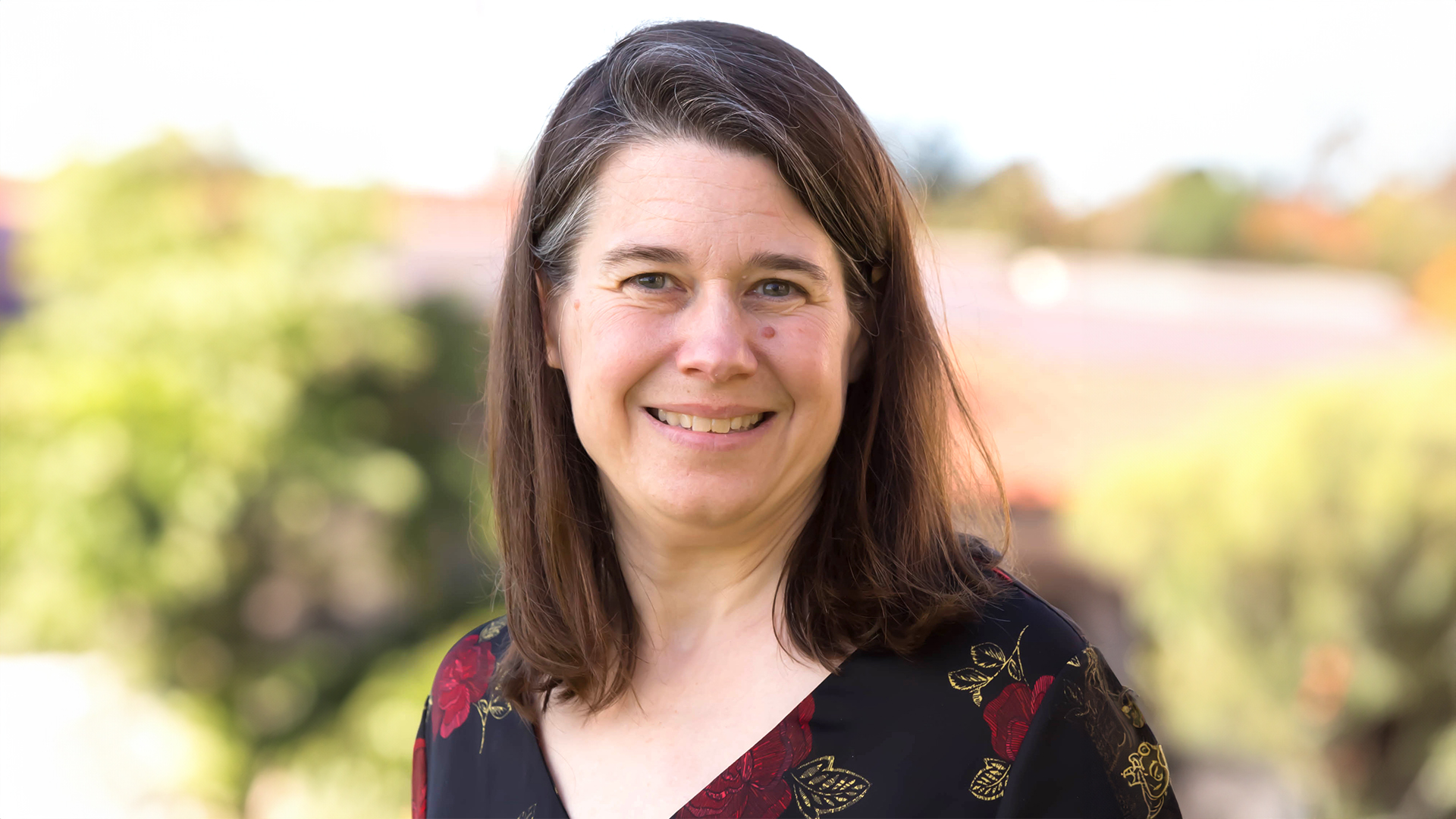Clinical Psychology doctoral candidate and President of Black Student Association Tahlia Bragg on Black mental health and women who inspire her.
Elevated stress levels are the new normal, it seems. As a clinician, can you please describe what you see now in your patients, especially your female patients?

Tahlia Bragg, President of Black Student Association
Elevated stress is at an all-time high as we embark on year three of the pandemic. What I am observing most amongst women-identified patients is unrest within being stressed: they need to take care of others and urgency at a critical level to take care of themselves. For instance, if those they care for, such as their children or whomever they provide direct care for, are in need of a high level of care, I see that women-caregivers are trying to tend to their own needs now more than they have in the past.
I used to have the issue of getting moms involved in their child’s therapy when the child was referred, but now I see more involvement and, in fact, they want their therapy. Unfortunately, it took the pandemic for this to happen, but I’m glad that women-identified patients who are caregivers are now getting more care they need. The phrase “put on your oxygen mask before helping others” became real for us. More caregivers now realize they need to be caregivers for themselves.
You’ve focused your work on disparities in Black mental health. Please tell us about those disparities and how we can overcome them.
That is a very complex question. The evident disparities are consequences of systemic and institutional bias and oppression established to further exacerbate marginalization for racially identified and subjugated communities, such as Black communities. The remission of any inequities that substantially impact communities of color requires eliminating the systems perpetuating those disparities.
What are examples of these disparities?
The over-pathologizing and misdiagnosis for Black-identified people is significantly higher than non-Black people in mental health. You can see this in other BIPOC communities, particularly in Black communities. Anger is often diagnosed with more severe mental disorders like Conduct Disorders in children, Antisocial Personality Order. Diagnosis of Schizophrenia in adults instead of symptoms of depression and anger or experiences of acute traumatic stress.
When we talk about minimizing the disparities, we are talking about educating the practitioners not just at the professional level but in the graduate training programs. Future practitioners should already have exposure and awareness of these improprieties before entering the field during their training. Diversity and equity training should be mandatory for those practicing in the field. This training can’t be optional. Also, mental health professionals need to be engaged in the intersectionality of their privilege of identities with their patients.
Are you seeing an interest amongst practitioners for this kind of training?
Yes, there is an urgency and hunger for this kind of education. We know we must identify and acknowledge past transgressions against communities of color were wrong. There is an urgency and need, but that doesn’t mean that everyone is hurrying to get there.
You are on the frontlines of the health profession. How do you put your oxygen mask on first and stay healthy and centered?
I engage in my own therapy: it is critical for those who provide mental health services to others. Of course, an oncologist would see another oncologist if needed. I believe that has made me a more dynamic clinician.
Another way I like to stay healthy is by checking in with myself daily. It was a lot more stressful during the Omicron surge to go to work. It’s essential to be able to say when I am not feeling 100%. It is helpful.
Asking for help in meaningful ways. I am pushing myself to be more active and get back to some pre-pandemic habits. I do indulge in things I enjoy that have nothing to do with work. For a treat, I love to snack on jalapeno chips!
As we think about Women’s History Month, what inspires you?
I am thinking about what inspires me about women. Women are the bearers of humanity. We, unfortunately, gave birth to people who have oppressed us throughout the millennia – yet we still hold the most power.
We also bear the burden of humanity because so many things influence women to be separated and segregated – and “othered.” But we are one culture, we all have power, and we need to be able to own that, even in spaces where it might be diminished.
The women who inspire me most are my own family: my mom, my grandmothers, one who has long passed on, and one who is still alive at age 102. I am constantly reminded of the lessons they taught me – even in the moments when they were being genuine and authentic and probably didn’t think they’d be significant to me now. Those are some of the most significant ways that women can give back to the people they love and care for but to themselves. It starts with the small things that we do that make these momentous changes in systems.
Join Over 7,500 Fielding Alumni Located Around The World!
Change the world. Start with yours.™






Get Social